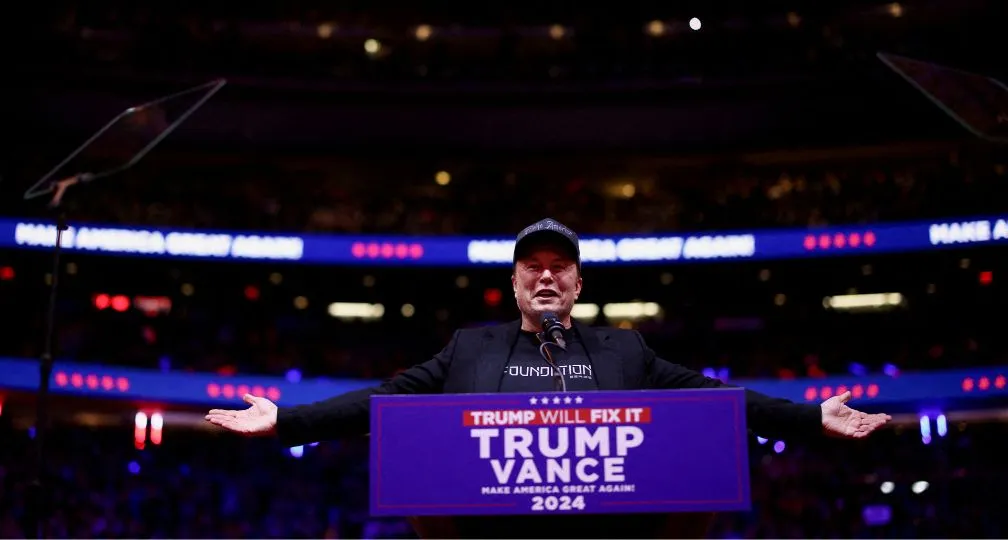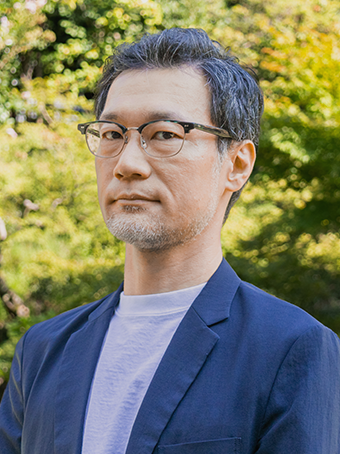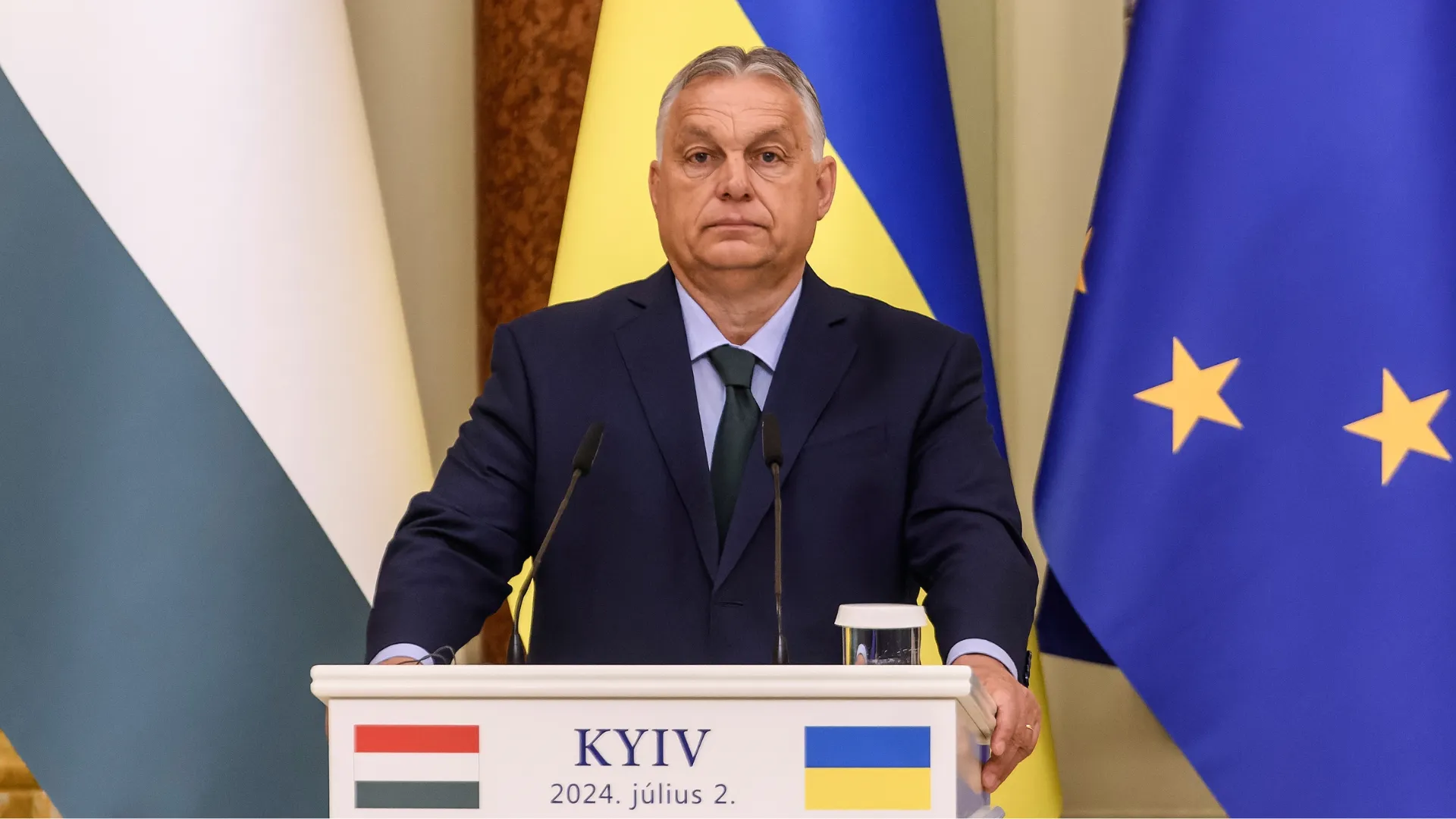The Power of Private Individuals: The Informal Influence of Technology

Until at least December 2024, Musk was merely a private individual. Nevertheless, he has been perceived as wielding significant political influence both domestically and internationally. This article explores the expanding influence of private individuals in the technological era, using "Musk as a private citizen before 2024" as a case study to examine the political challenges this phenomenon presents.
The Growing Focus on Private Individuals in International Politics
The influence of individuals on international politics—alongside issues of institutions and structures—has long been a subject of attention, just as it has in domestic politics. However, the nature of influential individuals and the methods they employ are not uniform. From an institutional perspective, they can be categorized along two axes: whether they are public figures officially granted power or private individuals, and whether their influence is exercised through formal, regulated procedures or informal, unregulated means. This framework results in four distinct patterns of influence.
The most frequently discussed case involves public figures, such as politicians, who exert influence through formally established procedures. This includes debates over the role of political leaders’ personalities—such as whether World War II would have occurred without Hitler, or, how much Trump’s personal characteristics as a president might alter U.S. policy.
How, then, should we view political influence exercised by private individuals? Some forms of private influence are formal in nature. For instance, an individual’s preferences may indirectly shape policy and legislation through elections, lobbying, political donations, and public discourse. Establishing America PAC with his tech friends, Musk himself has made substantial political donations in the 2024 U.S. presidential and congressional elections, particularly supporting Trump and other Republican candidates. However, this in itself is a legitimate form of political expression conducted within the bounds of established procedures.
The Informal Influence of Technology
The issue at hand is that private individuals wield informal influence over policy formation and implementation—especially in areas where public authority is traditionally expected to operate through formal mechanisms. The idea that private individuals, who do not represent the public will, can informally shape policy is rarely considered and, institutionally, should not be the norm. So why has Musk, as a private individual, had political influence in both domestic and foreign affairs?
One key factor is the critical role that Musk’s technological assets play in contemporary international politics. Musk serves as the CEO of Tesla, an EV manufacturer, and SpaceX, a space exploration company. Additionally, it is well known that in 2022, he acquired the social media platform Twitter, later rebranding it as X. The technologies owned by these companies have become globally widespread, taking on characteristics of essential infrastructure. This has provided a foundation for Musk to exert political influence through control over their operational rules and supply mechanisms.
For example, since the onset of the Russia-Ukraine war in 2022, Musk has provided Ukraine with access to Starlink, which has supported Ukraine’s military operations. It has also played a crucial role in restoring civilian communication networks damaged by the war. The issue, however, lies in the fact that while Starlink’s provision involves contracts with the U.S. government, its availability can ultimately be influenced by Musk’s personal decisions. In 2023, reports emerged that Musk had restricted the Ukrainian military’s access to Starlink in certain operations. [I] If such actions were to continue, they could significantly impact the course of the war and its ultimate outcome.
The Intersection of Technology and Personal Political Influence
Another factor behind Musk’s influence is how his technological assets align with his role as a political symbol. While it remains unclear whether Musk deliberately manipulates discourse on X, it has been noted that right-wing rhetoric has increased on as a result of his acquisition for “restoring free speech”. [II] The global rise of right-wing populism has created an environment in which Musk—who openly expresses right-wing views—has come to serve a symbolic role.
This phenomenon has drawn both support and criticism. At the very least, Musk’s actions have provided one side of the political divide with a compelling narrative, which in turn has triggered backlash from other nations. In diplomatic affairs, Musk has displayed a right-leaning stance, such as endorsing Alice Weidel, the leader of Germany’s far-right Alternative for Germany (AfD) party, and covering legal fees for imprisoned far-right British activist Tommy Robinson.
European politicians have perceived Musk’s political interventions as a threat to European stability. The European Commission has criticized the lack of measures against disinformation on X, while a coalition of European Parliament members has sent a letter to Commission President Ursula von der Leyen, expressing concerns over Musk’s political interference. These reactions underscore the undeniable cross-border influence Musk now wields in global politics.
The Dilemma Between Liberalism and Democracy
It is natural for private individuals to hold views that differ from those of their government. In fact, the very ability to accommodate such differences is a hallmark of liberalism. However, the challenge posed by democracy arises when powerful private individuals—who do not necessarily represent the public will—act on personal ideologies and beliefs in ways that can influence foreign policy.
One example of this tension was the disconnect between the Biden administration’s official policies and Musk’s influence through technology. While Musk’s interventions in Europe leaned toward far-right engagement, the Biden administration was actively wary of the rise of right-wing extremism in Europe and took a proactive stance on regulating disinformation that could fuel such movements. Likewise, the U.S. government maintained its support for Ukraine, but Musk’s unilateral decisions—such as those affecting Starlink—introduced ambiguity into the administration’s diplomatic messaging and risked undermining U.S. policy, potentially misrepresenting the will of the American people (although, of course, there is ongoing debate about whether public opinion always leads to the “right” policy choices).
With the inauguration of Trump’s second administration, Musk formally got a “official position,” a senior advisor to the president assumed public office as the head of the newly established Department of Government Efficiency, officially becoming a “public figure.” However, he remains the CEO of his companies, retaining avenues to exercise influence as a private individual. If his personal relationship with Trump directly impacts policymaking, a new issue emerges—where Musk, despite holding public responsibilities, continues to wield informal influence from both private and official positions. This could raise concerns over conflicts of interest, further blurring the lines between private and public power in ways that challenge democratic governance.
The Significance of the Farewell Address
The expansion of Musk’s influence can be attributed to several factors: the shifting balance of power between the public and private sectors due to technological advancements, the unique personality of corporate leaders, and governance structures that allow such individuals to act unchecked. As long as these conditions persist and no regulatory mechanisms are established, similar situations are likely to arise in the future. Moreover, as long as the Trump-Musk relationship remains intact, the executive branch has little incentive to curb this growing influence. In April, it was reported that Musk would be stepping down, but his position after that is still unclear.
President Biden’s warning about the “tech-industrial complex” was not only a cautionary statement about technology-driven corporations and their leaders shaping policy through informal channels but also a critique of the very government that should be regulating such power instead becoming intertwined with it. The fact that this issue was only addressed in his farewell speech underscores the fundamental challenge: the difficulty for governments to impose institutional constraints on such developments.
References
(Photo Credit: Reuters / Aflo)

Geoeconomic Briefing
Geoeconomic Briefing is a series featuring researchers at the IOG focused on Japan’s challenges in that field. It also provides analyses of the state of the world and trade risks, as well as technological and industrial structures (Editor-in-chief: Dr. Kazuto Suzuki, Director, Institute of Geoeconomics (IOG); Professor, The University of Tokyo).
Disclaimer: The opinions expressed in Geoeconomic Briefing do not necessarily reflect those of the International House of Japan, Asia Pacific Initiative (API), the Institute of Geoeconomics (IOG) or any other organizations to which the author belongs.


Visiting Senior Research Fellow
SAITOU Kousuke is a professor at the Faculty of Global Studies, Sophia University, Japan. He received his Ph.D. in International Political Economy from the Graduate School of Humanities and Social Sciences, University of Tsukuba, Japan. Prior to joining Sophia University to teach international security studies, he was an associate professor at Yokohama National University, Japan. [Concurrent Position] Professor, Faculty of Global Studies, Sophia University
View Profile-
 Challenges for Japan During the U.S.-China ‘Truce’2026.02.12
Challenges for Japan During the U.S.-China ‘Truce’2026.02.12 -
 India and EU Sign Mother of All Deals2026.02.09
India and EU Sign Mother of All Deals2026.02.09 -
 Orbán in the Public Eye: Anti-Ukraine Argument for Delegitimising Brussels2026.02.04
Orbán in the Public Eye: Anti-Ukraine Argument for Delegitimising Brussels2026.02.04 -
 Trump, Takaichi and Japan’s Strategic Crossroads2026.02.03
Trump, Takaichi and Japan’s Strategic Crossroads2026.02.03 -
 Analysis: When Is a Tariff Threat Not a Tariff Threat?2026.01.29
Analysis: When Is a Tariff Threat Not a Tariff Threat?2026.01.29
 Oil, Debt, and Dollars: The Geoeconomics of Venezuela2026.01.07
Oil, Debt, and Dollars: The Geoeconomics of Venezuela2026.01.07 It’s Now or Never: India’s Ambitious Reform Push2026.01.09
It’s Now or Never: India’s Ambitious Reform Push2026.01.09 Orbán in the Public Eye: Anti-Ukraine Argument for Delegitimising Brussels2026.02.04
Orbán in the Public Eye: Anti-Ukraine Argument for Delegitimising Brussels2026.02.04 Analysis: When Is a Tariff Threat Not a Tariff Threat?2026.01.29
Analysis: When Is a Tariff Threat Not a Tariff Threat?2026.01.29 Navigating Uncertainty in U.S. Space Policy: Decoding Elon Musk’s Influence2025.04.09
Navigating Uncertainty in U.S. Space Policy: Decoding Elon Musk’s Influence2025.04.09











